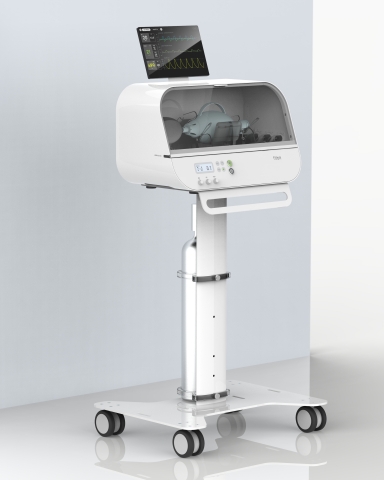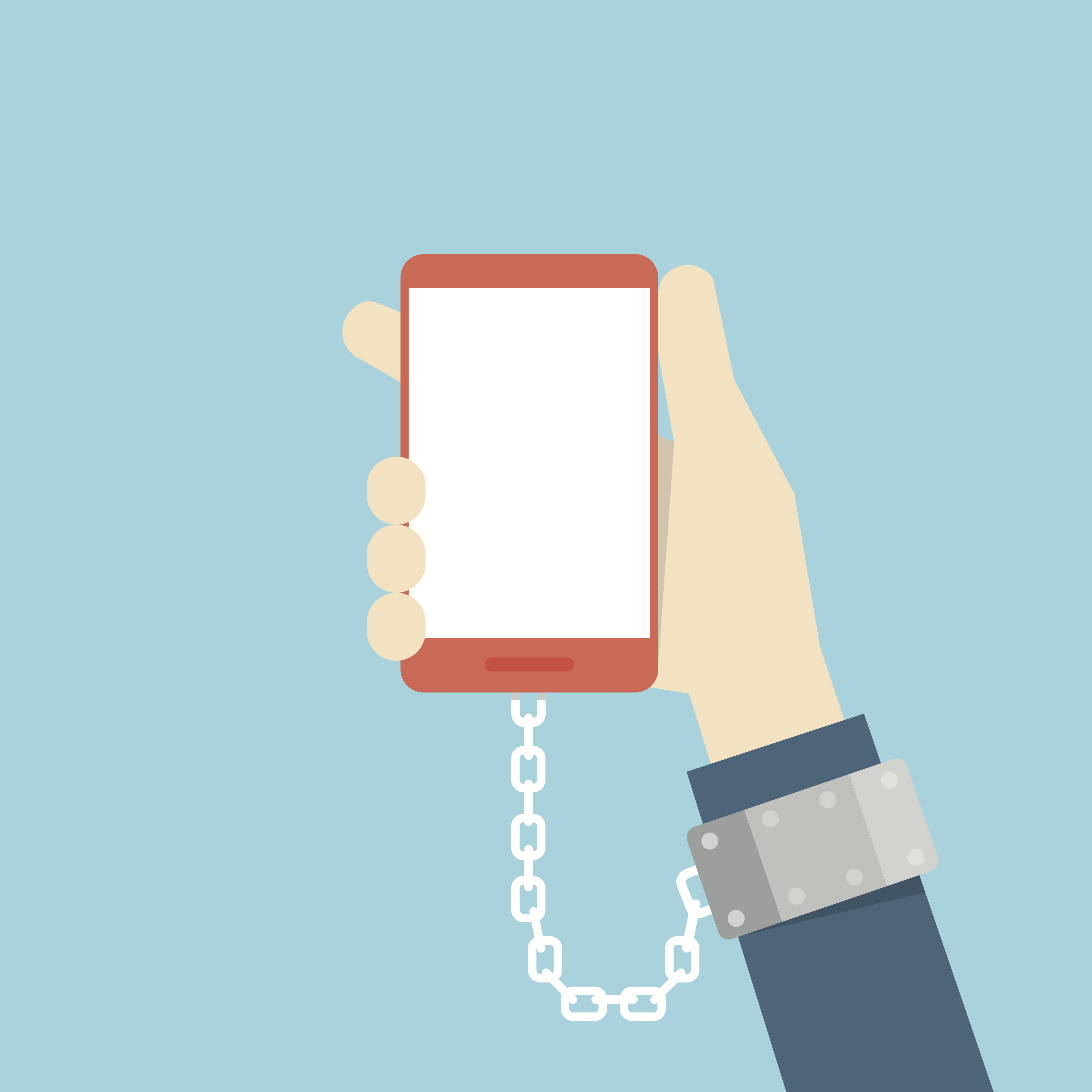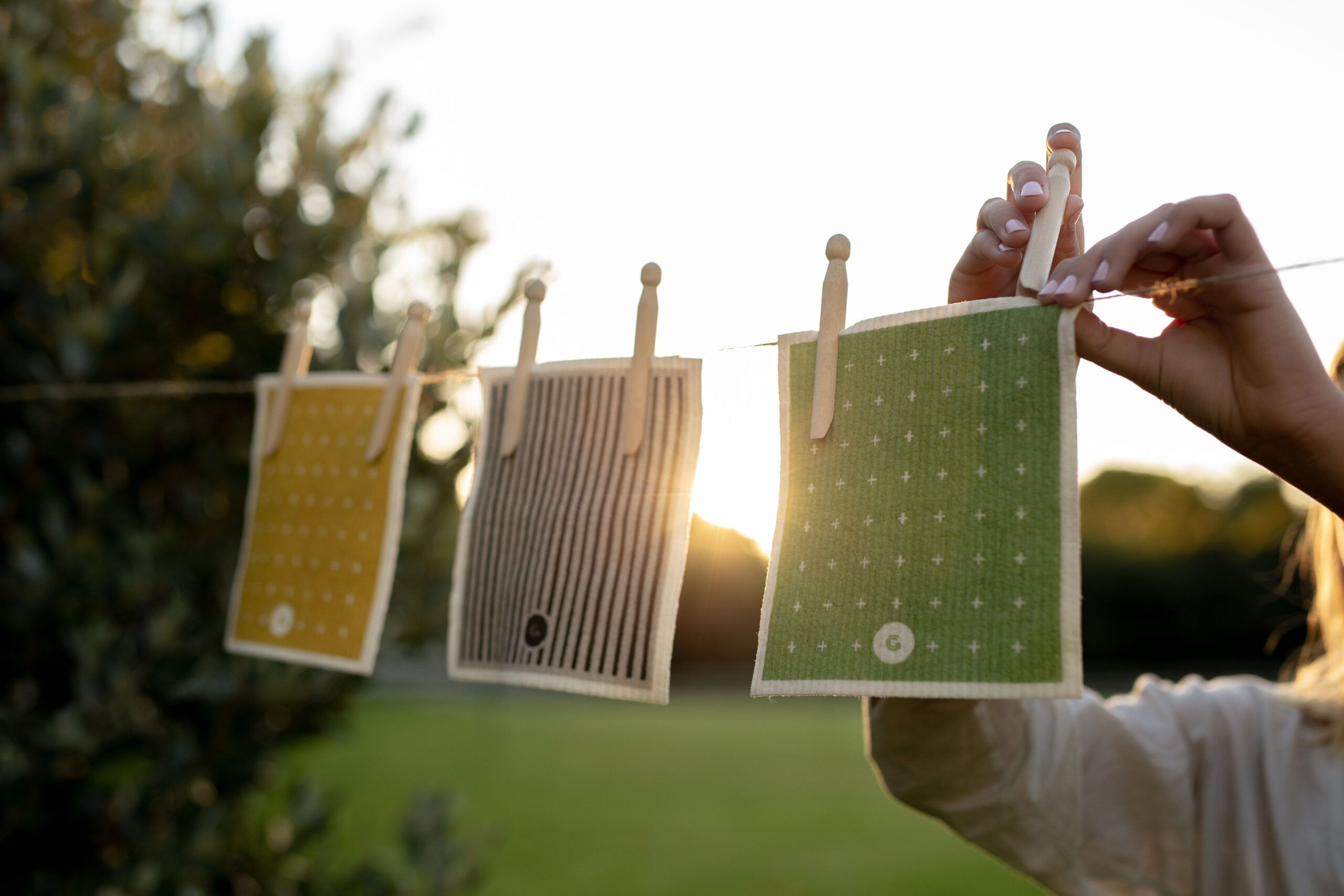Technology has connected our world more than ever, but at the same time, has led us to disconnect from society.
Our problems with technology go beyond the anxiety-inducing action of scrolling another’s picture-perfect Instagram feed. Technology has made us vulnerable to cybercriminals, subjected us to privacy breaches, and even has us questioning the morals of artificially intelligent robots.
With this in mind, it’s safe to say that technology has a bad reputation. Even then, technology has irreparably altered our world. Most of us can’t live without technology, or remember a time before it existed.

So, is technology all that bad? In a world that can be shut down in a matter of weeks by a global pandemic, we need technology to serve society, and not just for our own materialistic needs.
During the Covid-19 lockdown it was incredibly inspiring to see how technology was deployed to keep communities connected and keep struggling businesses afloat:
- Platforms emerged or re-developed to connect makers with consumers, covering everything from local produce (The Modern Forager), independent breweries (Beer With Us), fashion (TOGETHER TODAY), and cafes (Foodprint).
- A million viewers worldwide livestreamed the Auckland Philharmonia Orchestra, and Give Fit Back encouraged fitness enthusiasts to participate in virtual fitness classes and donate to self-employed instructors.
- Save Our Small Businesses and Shop it Forward encouraged New Zealanders to pay it forward to help local businesses survive the four plus weeks. There were also dozens of #saveourvenues fundraising campaigns to prop up a number of independent venues.
- Online platforms used their existing know-how and infrastructure to support charities, including TradeMe (The TradeMe Kindness Store) and Everyday Hero (#DonateMyCommute).

There was also good that came out of social media:
- Nurse Franz Arevalo used his influencer profile to secure thousands of dollars’ worth of products for his front-line nursing colleagues.
- Healthy debate was garnered about the appropriateness of influencers promoting luxury goods and relentless positivity during a time where thousands of New Zealanders were being made redundant and charities were being inundated with requests for help.
- Friends in Need was launched to connect the elderly and vulnerable with volunteers to support them through lockdown, using a Facebook group to mobilise the volunteers.
Another unique example of technology being used for good during the lockdown was by Fitbit. Being a digital health company with expertise in advanced sensor technology, hardware development, manufacturing and supply chain logistics. Fitbit saw the opportunity to help and respond quickly to an urgent need, designing an emergency ventilator.
At the same time, Fitbit leveraged its existing infrastructure and manufacturing capabilities to produce large volumes of resuscitators quickly. Fitbit is now supporting the current need for ventilators in the United States and for global aid organisations, as well as for any future waves of the COVID-19 virus.

Using Fitbit’s technology we were also able to identify lockdown health trends across different countries, providing us with new insights into the human psyche.
Reassuringly, we know that if a second wave of COVID-19 hits, we have technology to rely on. And what has been developed will benefit us for the future, and not just during this pandemic. I know I’d rather live in a world with technology than without.





